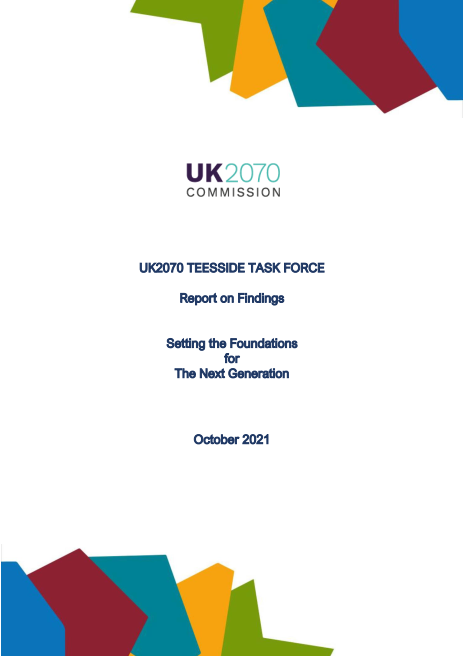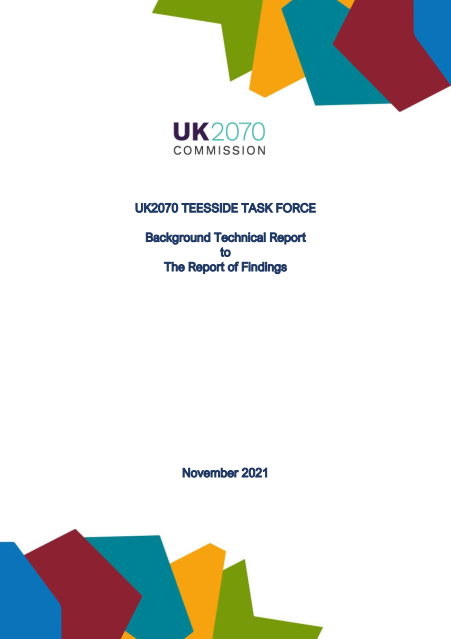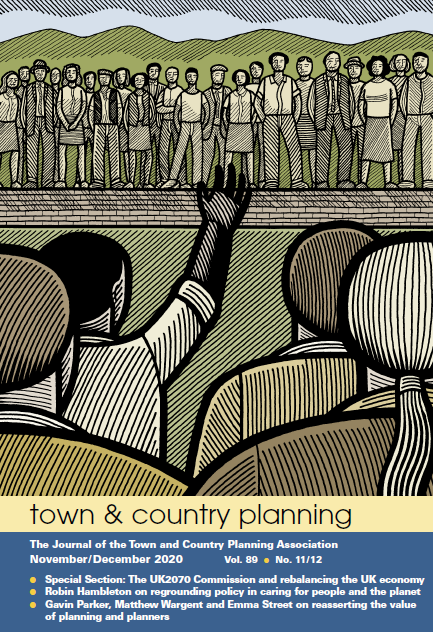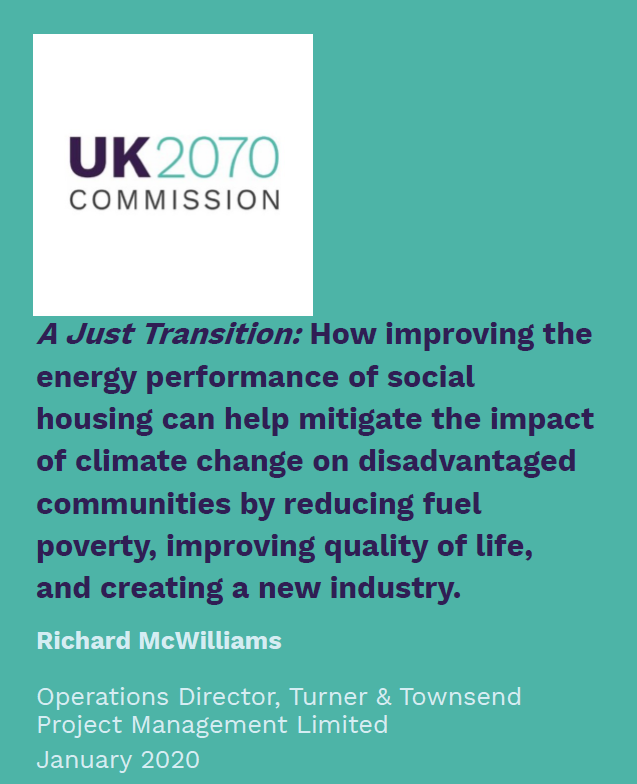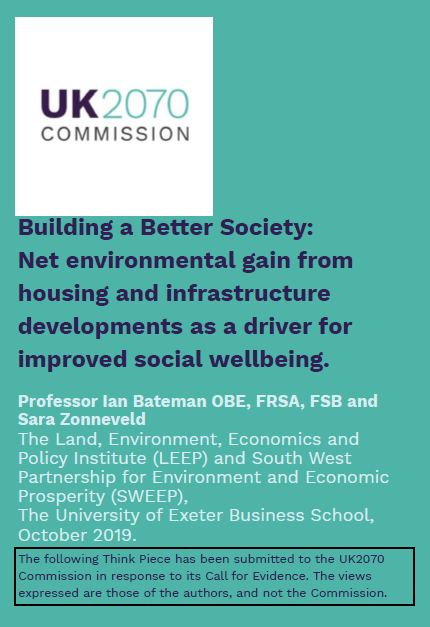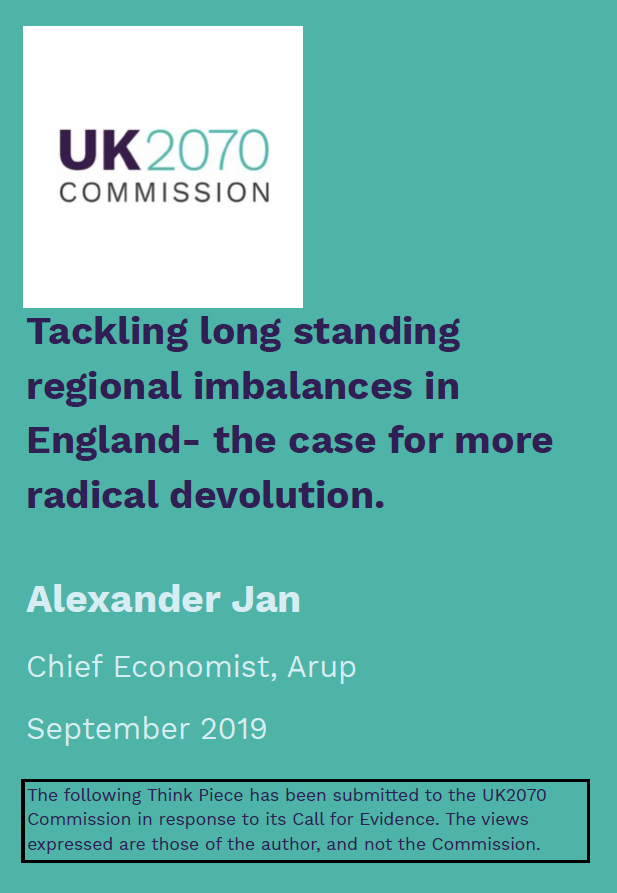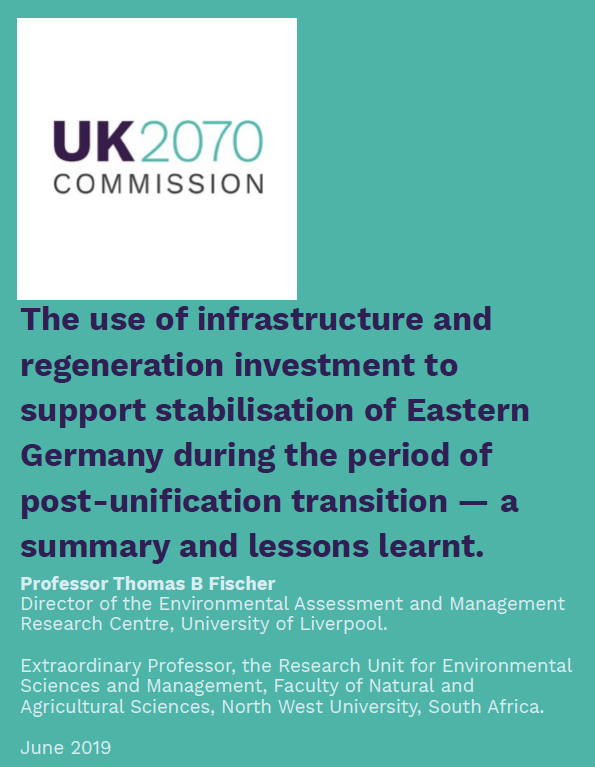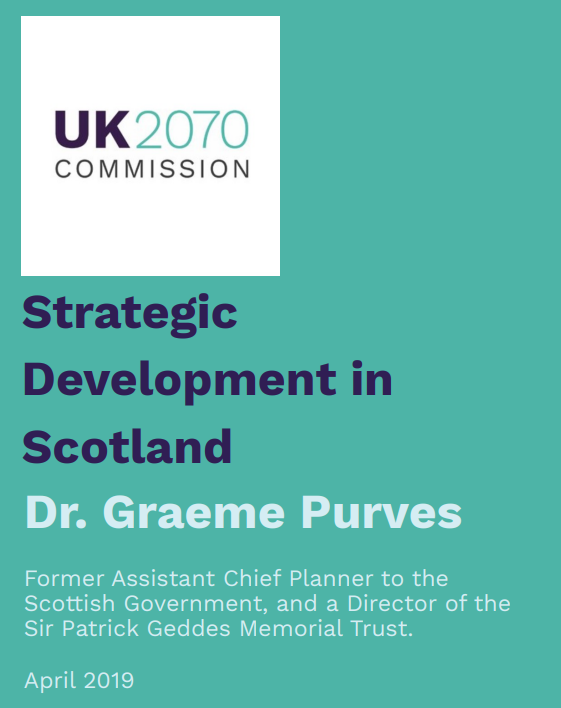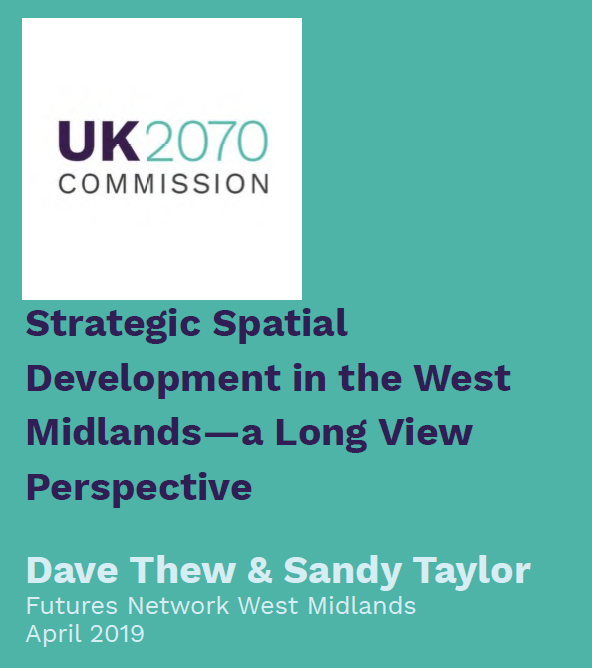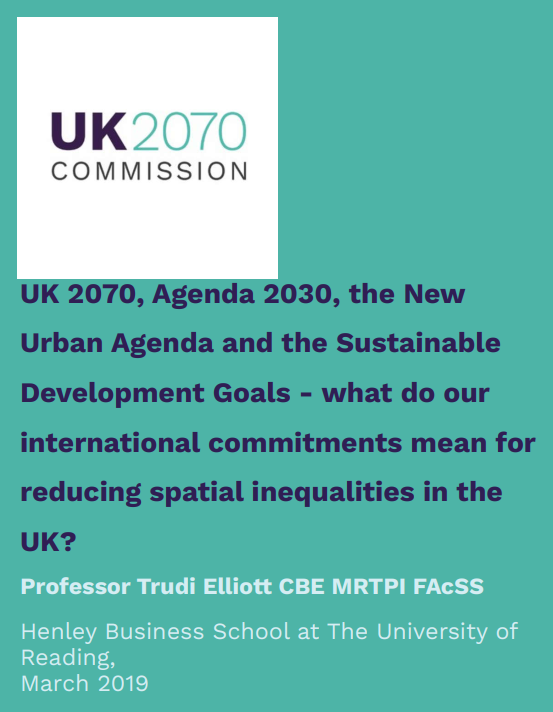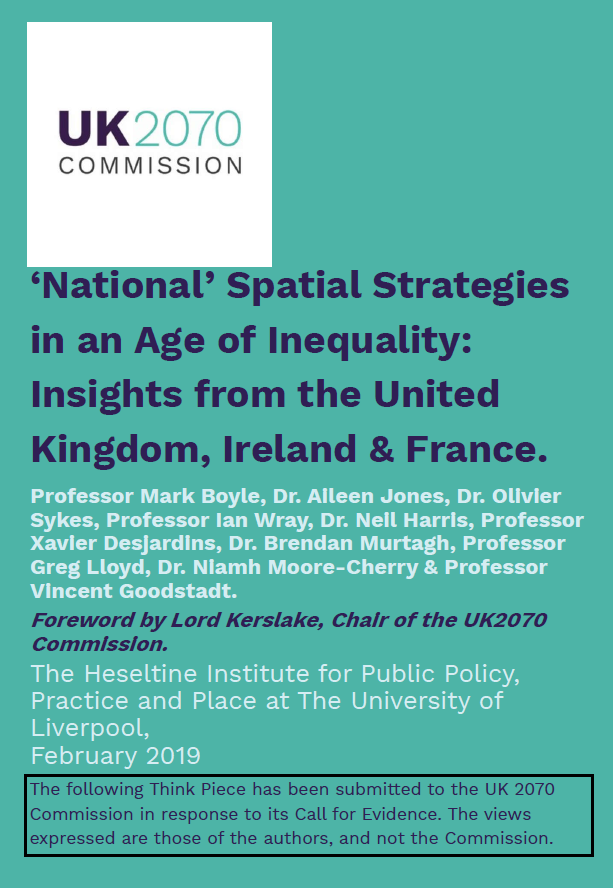The UK2070 Commission today publishes the Teesside Taskforce ‘Report of Findings’ and ‘Background Technical Report‘
The Teesside Taskforce was established by the UK2070 Commission to work with the Tees Valley Mayor and Combined Authority to support the long-standing aspirations for a major increase in the number and quality of job opportunities in Tees Valley, alongside enhancing the wellbeing of people who live in Teesside. its Report on Findings, published today, sets out immediate opportunities for reinforcing current initiatives.
This sets out a framework for Tees Valley to Go Big in delivering Green Growth, across the Tees Valley strengthening the national role of Tees Valley and building on the local distinctiveness and growing interdependencies of Teesside’s main towns.
The report sets out how these ambitions could be accelerated by the immediate implementation of programmes to tackle Green Fuel Poverty, level up access to job opportunities, transform the living conditions of the most disadvantaged communities and create a Global Centre of Excellence around the university and new industries.
The report demonstrates that the opportunities in Teesside are considerable but so also are the challenges.
To read The UK2070 Teeside Taskforce Report of Findings, please click here.
To read The UK2070 Teeside Taskforce Technical Report, please click here


